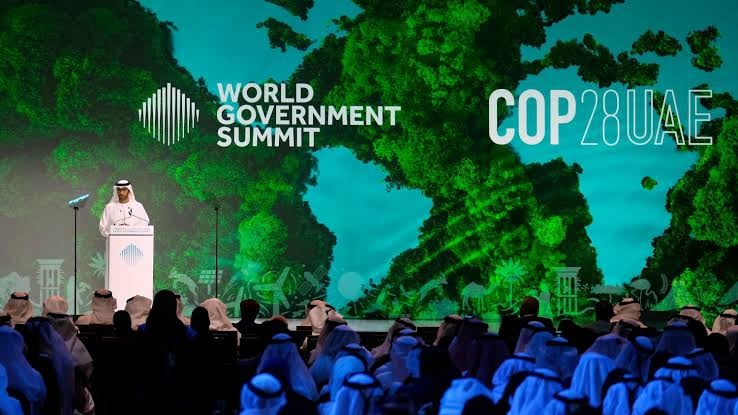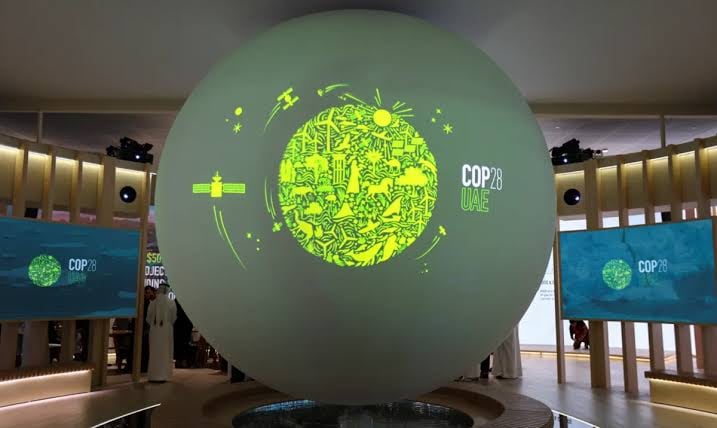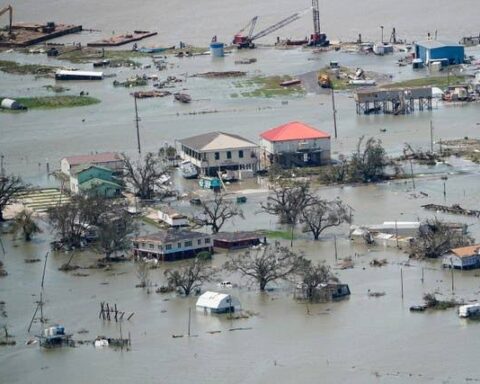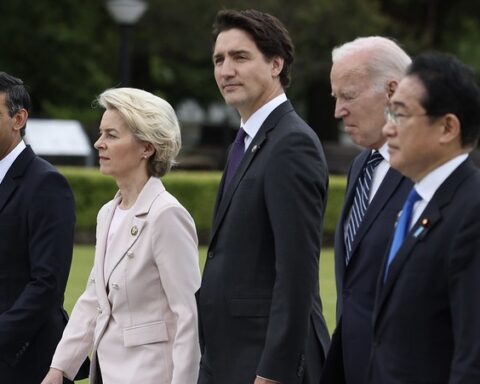Climate change is one of the most pressing issues facing our planet today. It is a global challenge that can only be addressed through international cooperation. Recognizing this, the United Nations Framework Convention on Climate Change (UNFCCC) was established in 1992 to address the climate crisis.
The UNFCCC holds an annual Conference of the Parties (COP) to bring together nations to discuss and negotiate climate action. COP 28, the 28th COP, will take place from November 30 to December 12, 2023, in Dubai, United Arab Emirates.
This article provides a comprehensive overview of COP 28, highlighting its key themes, objectives, and expected outcomes.
What is COP 28?
COP 28, also known as the United Nations Climate Change Conference UAE 2023, is the 28th annual meeting of the Conference of the Parties (COP) to the United Nations Framework Convention on Climate Change (UNFCCC). It is a crucial platform for international cooperation on climate change, bringing together governments, businesses, civil society organizations, and other stakeholders to discuss and negotiate action to address the climate crisis.
When and Where will COP 28 be held?
COP 28 will take place from November 30 to December 12, 2023, at the Expo City in Dubai, United Arab Emirates. The Expo City is a state-of-the-art venue that can accommodate the large number of delegates expected to attend the conference.









